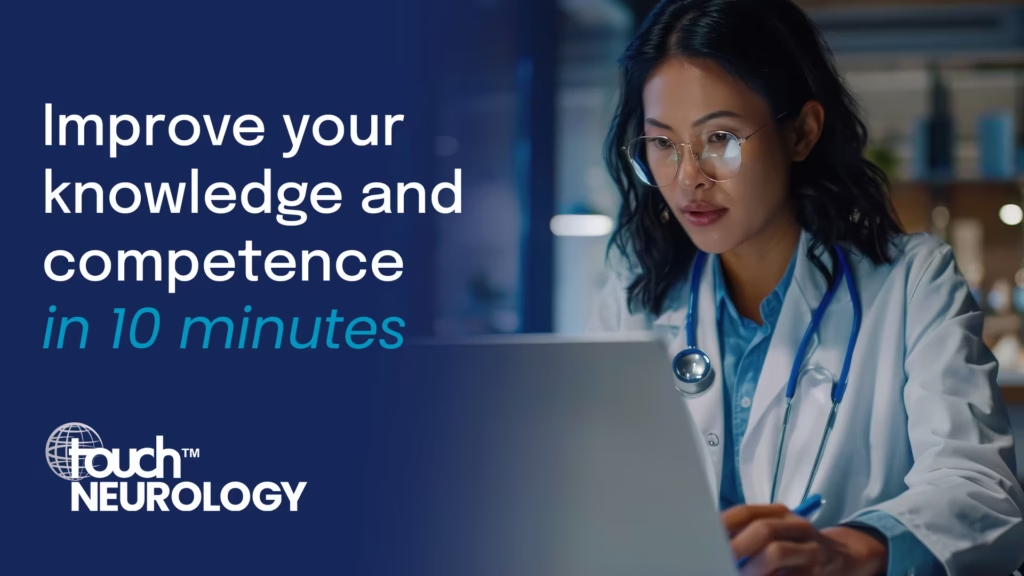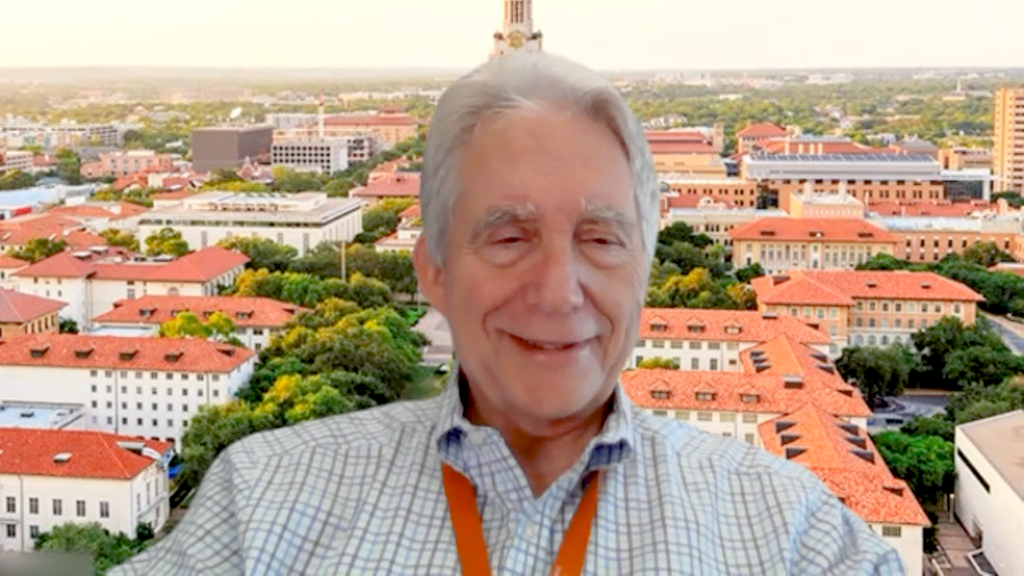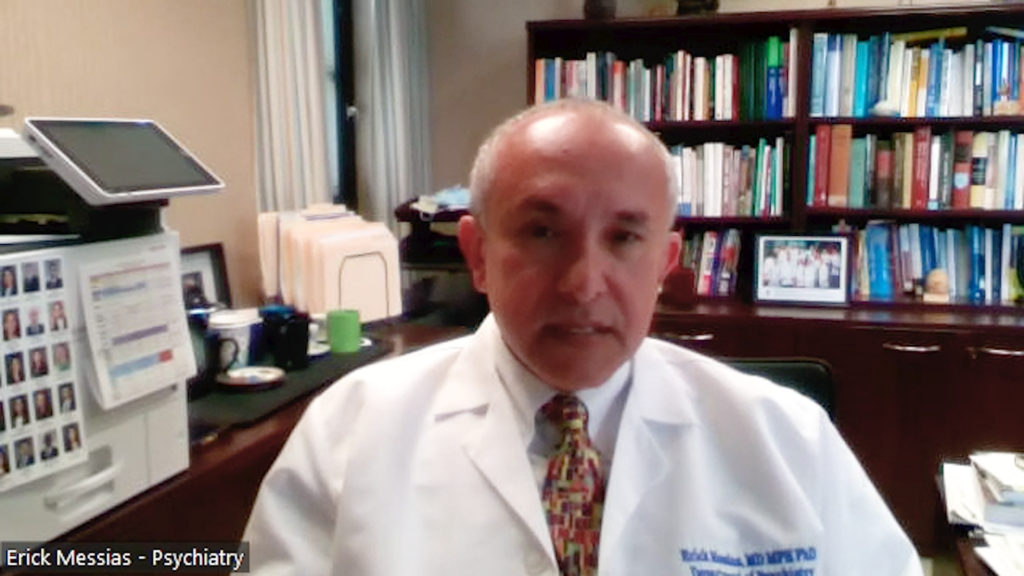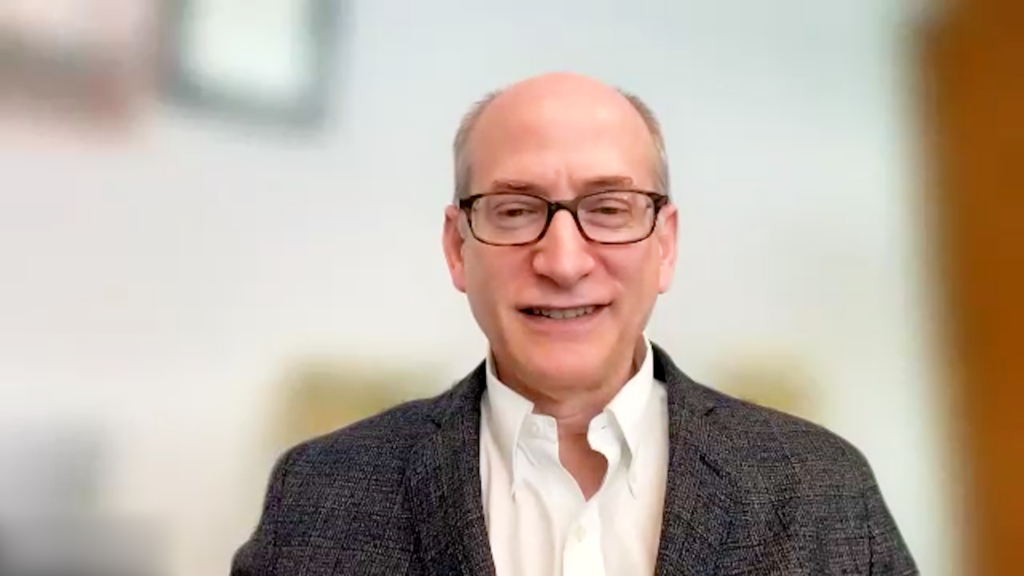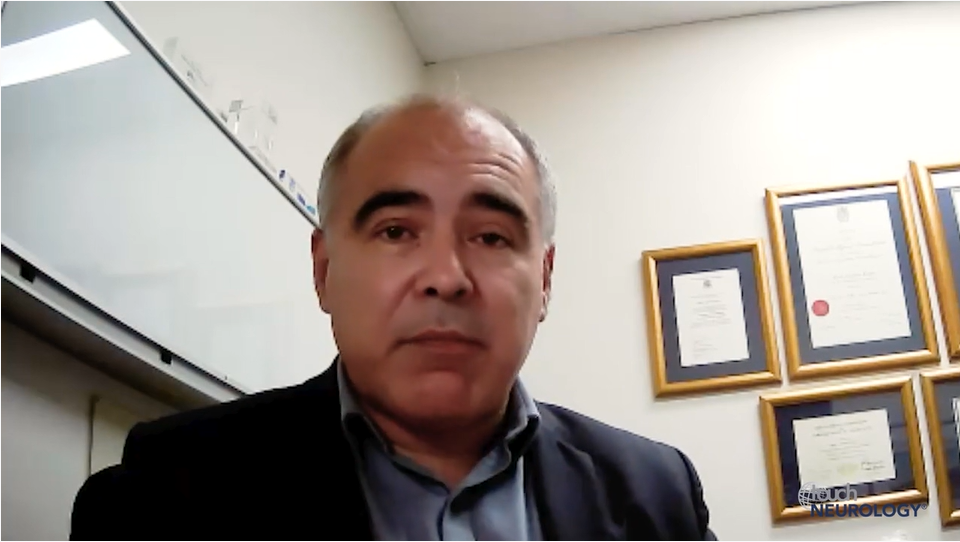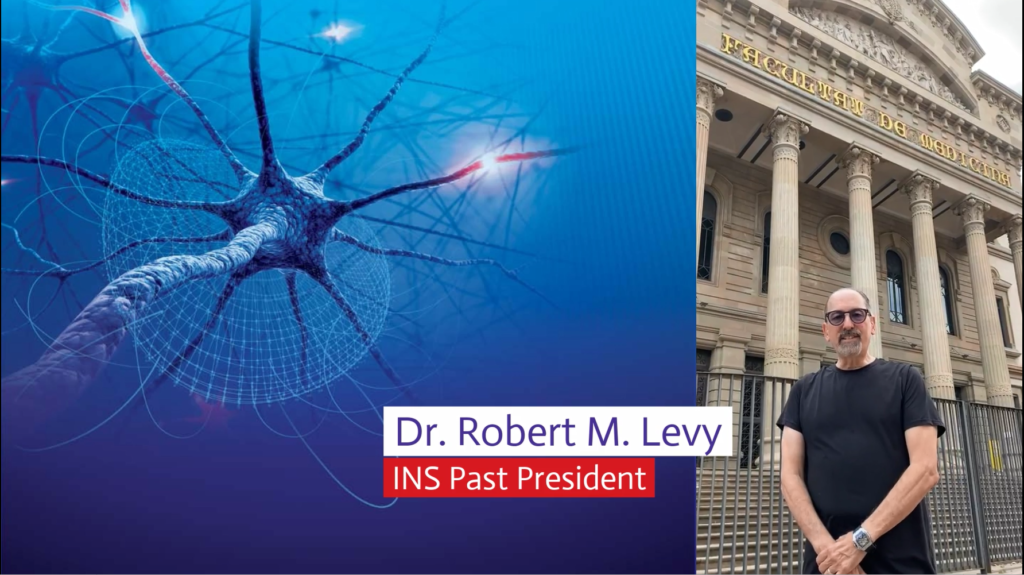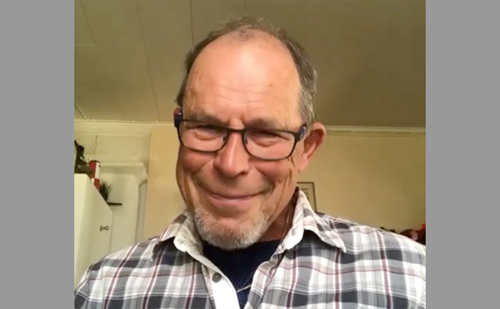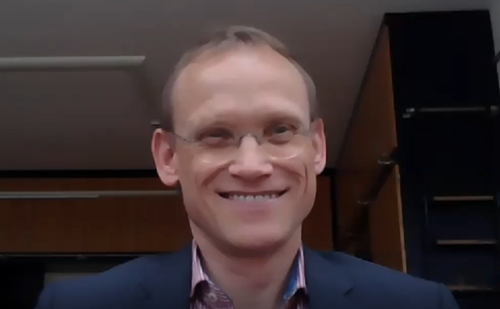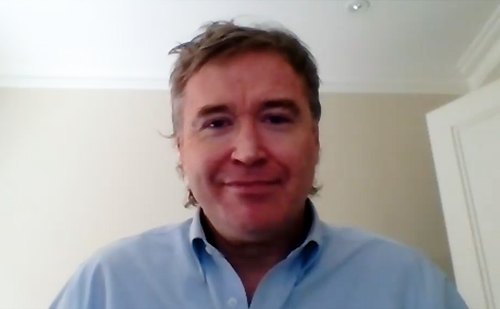“Your brain thrives on connection; meeting people, interacting and sharing ideas is vital for not only your individual brain health but also our species survival”
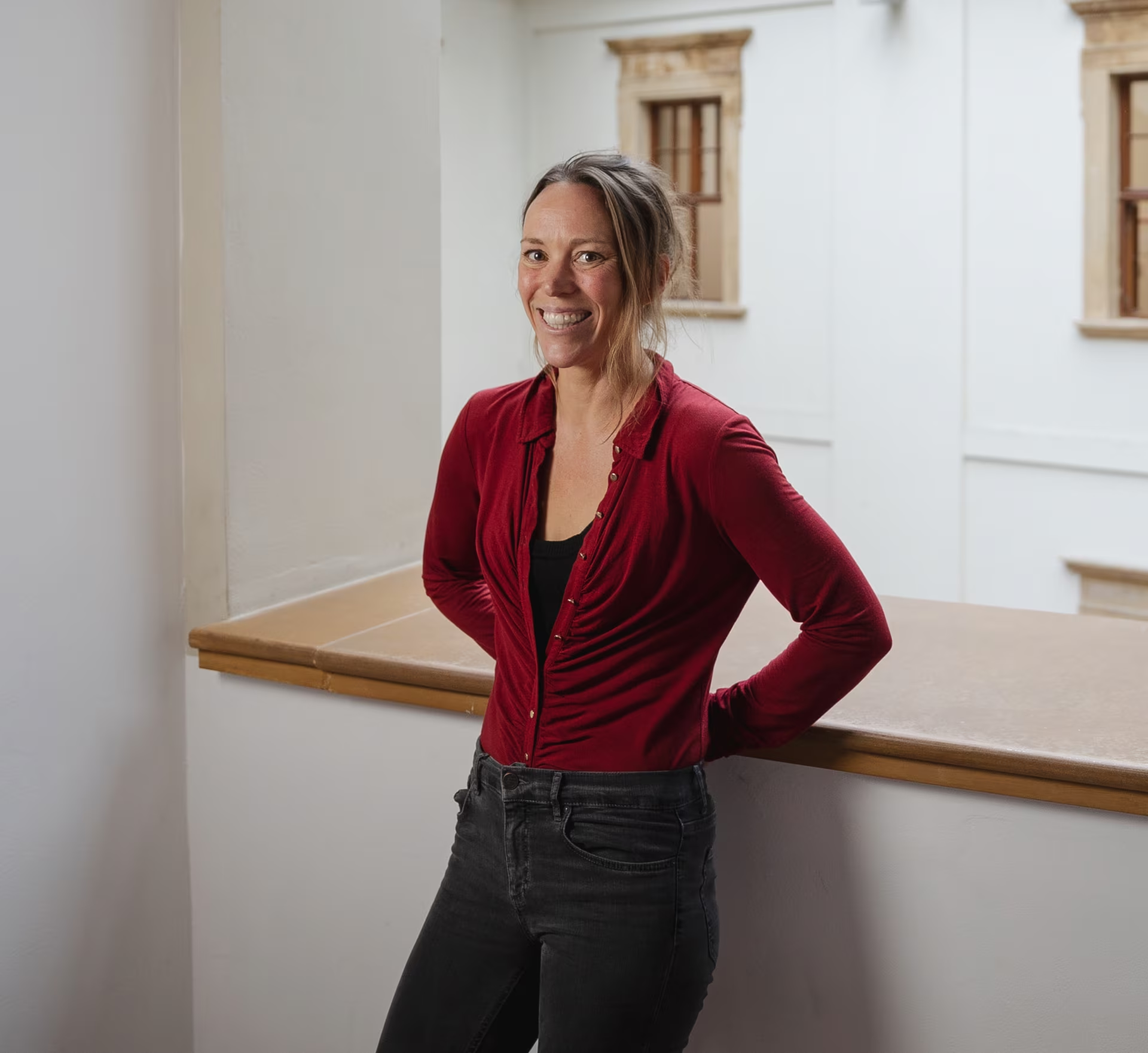 In this inspiring conversation, and as part of touchNEUROLOGY’s Future Leaders 2025 series, we speak with Dr Hannah Critchlow, a neuroscientist, bestselling author, broadcaster, and Science Outreach Fellow at Magdalene College, University of Cambridge, UK. A powerful advocate for public understanding of neuroscience, Dr Critchlow discusses her early inspiration, impactful mentorships, and the future of brain science. She shares the personal moments and pioneering technologies that have shaped her career and outlook.
In this inspiring conversation, and as part of touchNEUROLOGY’s Future Leaders 2025 series, we speak with Dr Hannah Critchlow, a neuroscientist, bestselling author, broadcaster, and Science Outreach Fellow at Magdalene College, University of Cambridge, UK. A powerful advocate for public understanding of neuroscience, Dr Critchlow discusses her early inspiration, impactful mentorships, and the future of brain science. She shares the personal moments and pioneering technologies that have shaped her career and outlook.
1. Can you tell us a little about your background and what inspired you to pursue a career in neuroscience?
I am Dr Hannah Critchlow, a neuroscientist, broadcaster and bestselling author. I am based at Magdalene College, University of Cambridge, UK, where I work as a science outreach fellow.
I have always been interested in how we can communicate neuroscience effectively to the wider public, as well as to business and policy leaders. I originally worked as a nursing assistant in a psychiatric hospital when I was 18 during a year out before going to university. That experience had a profound impact on me. I realized then that I did not want to pursue a medical degree but rather study the brain itself. I wanted to contribute to research that might lead to more effective treatments for brain-related disorders. I worked primarily on the adolescent wards, many of the young patients had been sectioned under the Mental Health Act, and the treatments available at the time (about twenty years ago) were often ineffective and came with severe side effects. Often, the medications left them in an almost catatonic state. They couldn’t interact with the world, and while the drugs reduced challenging behaviours, they also flattened all emotion and engagement. It became clear to me that new, more effective treatments were desperately needed and that required a deeper understanding of the brain. That’s what sparked my interest in neuroscience.
2. What has been the most rewarding moment in your journey so far?
One moment that stands out happened quite recently. I gave a talk at the Shambhala Festival in Northamptonshire about the brain, artificial intelligence (AI) and consciousness. After the session, someone from the audience approached me. She turned out to be one of the very first A-level students I had mentored through a university outreach programme. She came from a state school in Northamptonshire and had been part of a program funded by the David Ross Foundation, which enables students to take part in enriching academic experiences. I had hosted her at Cambridge for a week. During the program, she interviewed various neuroscientists such as Trevor Robbins and Amy Milton and created a brilliant podcast series about topics like post traumatic stress disorder (PTSD) and addiction. After the program, I didn’t hear from her again, until that day. She told me she’d gone on to study neuroscience, completed her undergraduate degree, and then returned to Cambridge for a master’s degree. She’s now in Scotland pursuing a PhD in psychiatry. Hearing about her journey, was such a proud moment for me. It felt like a full-circle moment, especially because she’s now working on the very same conditions, like PTSD, that I had encountered first-hand in the psychiatric ward all those years ago.
3. What current innovations in neuroscience excite you the most?
There are some incredible advances in the field of neuro-engineering, especially in brain implants and brain–machine interfaces.
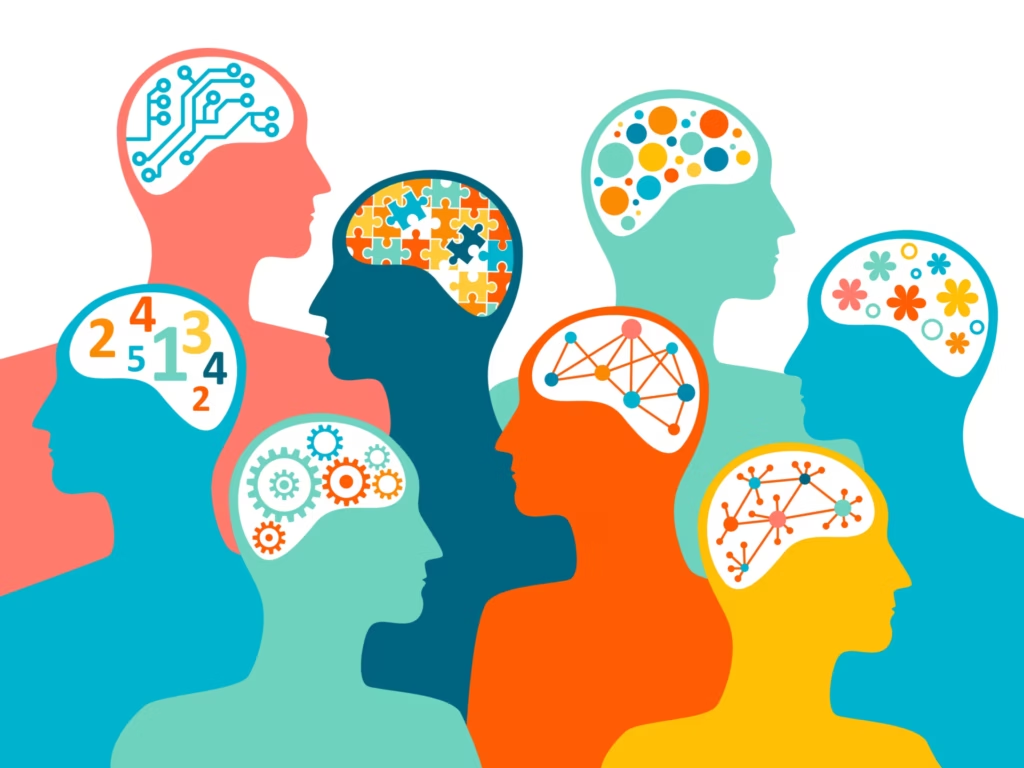
For example, my next-door neighbour, Kate, lives with Parkinson’s disease and has a brain implant that allows her to manage her tremors using an app on her phone. The app allows her to control her tremors via an electrical stimulus targeting an implant in her brain. These implants are evolving rapidly. They can now remain securely in place within the brain’s soft tissue, and new designs are enabling us to collect information from surrounding nerve circuits. Using AI, we can analyse how these regions respond to the stimuli, allowing for more nuanced and responsive treatment.
This could be transformative, not just for Parkinson’s disease, but for conditions like depression, obsessive compulsive disorders and addiction, where treatment effectiveness often relies solely on patient self-reporting. These technologies could offer more objective, data-driven feedback and personalization of care.
“the brain is a physical organ, like your heart or liver, and if it’s not functioning properly, it deserves care and support.”
However, perhaps the most significant change in the past two decades has been the shift in public attitudes toward mental health. More people are open to discussing their mental well-being and taking the appropriate steps to support it. People are beginning to understand that the brain is a physical organ, like your heart or liver, and if it’s not functioning properly, it deserves care and support. There are simple, evidence-based ways to nurture brain health such as exercising, eating well and building strong relationships. Your brain thrives on connection, support networks are as vital as neurons.
4. Was there a particular mentor or figure in your early career who had a significant impact on the way you think or work?
I was incredibly lucky with my PhD supervisors. During my PhD at the University of Cambridge, which was conducted in partnership with GlaxoSmithKline, I had three supervisors, all of whom were excellent. They made the experience incredibly positive and energizing.
After that, I worked with Professor Trevor Robbins, who was Head of the Psychology Department at the University of Cambridge and Chair of both Cambridge Neuroscience and the British Neuroscience Association at the time. He was phenomenal, an incredible strategic thinker, always planning several steps ahead. He was also a chess champion when he was younger, and it showed! One day I remember particularly well, we went in on a Saturday to plan a major neuroscience festival. We wanted to reflect the breadth and strength of UK neuroscience, while also aligning it with funding priorities and public interest. It was strategic, ambitious and fun!
Trevor taught me how to think ahead, how to work for maximum impact, and how to build lasting collaborations. I still use those lessons today. His wife, Professor Barbara Sahakian is also a mentor. She’s a Professor of Psychiatry at the University of Cambridge and does brilliant work in science communication and public policy. I’m still in touch with them both and regularly seek their advice. They are a true dream team.
About Dr Hannah Critchlow
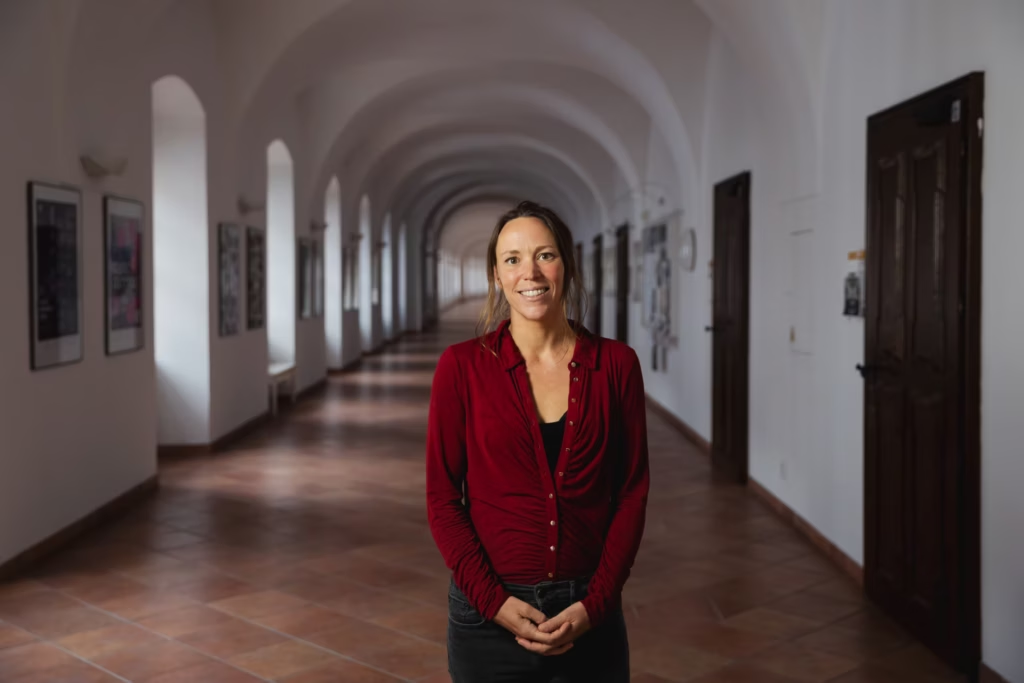 Dr Hannah Critchlow is an internationally-acclaimed neuroscientist, broadcaster, author and Fellow at Magdalene College, University of Cambridge. She has appeared on BBC, ABC and Korean TV and Radio, most recently on BBC Radio 4 The Life Scientific, and on BBC2 in Family Brain Games with Dara Ó Briain. She has published three books to date: Consciousness: A Ladybird Expert Guide (Penguin, 2018), The Science of Fate (Hodder, 2019) which made The Sunday Times Bestseller list and her latest book Joined up Thinking (Hodder, 2022).
Dr Hannah Critchlow is an internationally-acclaimed neuroscientist, broadcaster, author and Fellow at Magdalene College, University of Cambridge. She has appeared on BBC, ABC and Korean TV and Radio, most recently on BBC Radio 4 The Life Scientific, and on BBC2 in Family Brain Games with Dara Ó Briain. She has published three books to date: Consciousness: A Ladybird Expert Guide (Penguin, 2018), The Science of Fate (Hodder, 2019) which made The Sunday Times Bestseller list and her latest book Joined up Thinking (Hodder, 2022).
In 2022 she received an Honorary Doctorate from Brunel University for her work in neuroscience and communication. She also has a neuroscience research Doctorate from Cambridge University. In 2019 Hannah was named by Nature as a ‘Rising Stars in Life Sciences’. She was recognized as a ‘Top 100 UK scientist’ by the UK Science Council in 2014 and named as one of Cambridge University’s most ‘inspirational and successful women in science’. In 2026 she is scheduled to receive the Rosalind Franklin medal for her work in science communication.
Editor: Katey Gabrysch, Editorial Director.
Disclosures: No funding was received in the publication of this article. Dr Hannah Critchlow has nothing to disclose in relation to this article.
Cite: The future of brain science with Dr Hannah Critchlow: touchNEUROLOGY Future Leader 2025. touchNEUROLOGY. 12 June 2025.
Register now to receive the touchNEUROLOGY newsletter!
Don’t miss out on hearing about our latest peer reviewed articles, expert opinions, conference news, podcasts and more.

